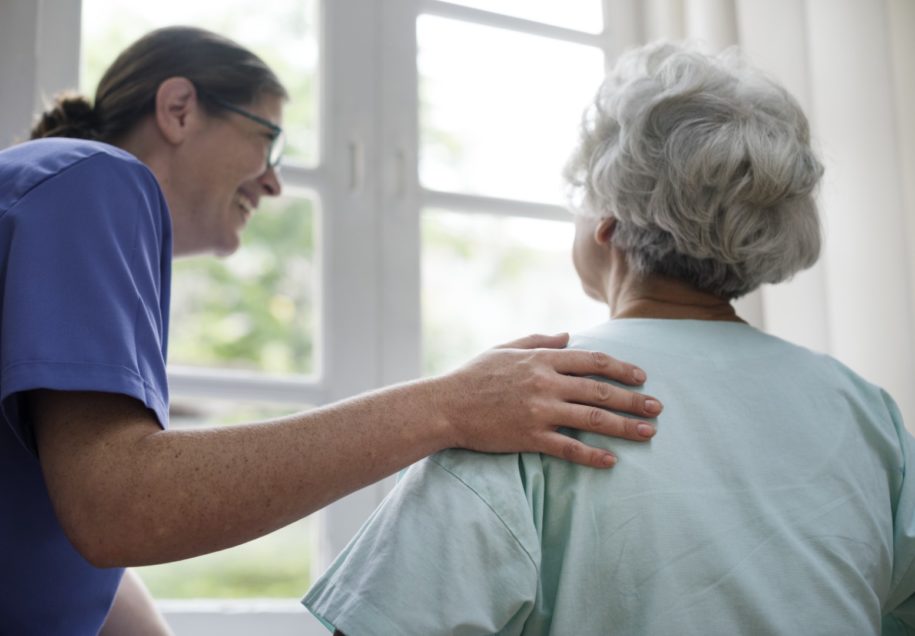Avoiding Unnecessary Hospitalization
Drinking Plenty of Fluids
According to the CDC, urinary tract infections are a major cause of elderly hospitalization. Fortunately, a major way to prevent this is also an easy one. Seniors should make sure drinking plenty of fluids throughout the day is part of their daily routine. This is a healthy practice for all ages, but is especially pertinent to older generations. A common rule for water consumption is the 8×8 rule, which recommends consuming eight 8-ounce glasses a day.
Avoiding Drugs And Alcohol
The CDC lists alcohol and drug abuse is the second greatest cause of emergency room visits for those over the age of 65. This may seem intuitive, but many are not aware of how much greater an effect alcohol and drugs can have on the elderly. The key here is moderation—a glass of wine at night should be favored over a bottle.
Knowing Limitations
Knowledge is the post powerful tool in preventing unnecessary hospitalization. Though there are several preventive measures (such as the ones stated above) that should be practiced as a rule, at the end of the day each individual has a unique set of circumstances and personal limitations.
For example, another common cause of senior hospitalization are adverse effects of medical treatment. It is important for seniors and their loved ones to keep track of various medications and potential allergies and be on the lookout for potential overlap. Further, knowing the proper dosage amounts is especially crucial whenever a new medication is prescribed.
Though it may be difficult to make the transition, another thing seniors should keep in mind is their physical capabilities as it relates to housework. Balance and strength can deteriorate quickly with age, so even things that seem routine (i.e. changing a ceiling light on a ladder) should be approached with increased caution or avoided entirely.
So, to all senior citizens and their loved ones: keep yourselves informed, careful, and hydrated! Some of these things may seem inconvenient, but in the end health and longevity are best facilitated by an open mind.



